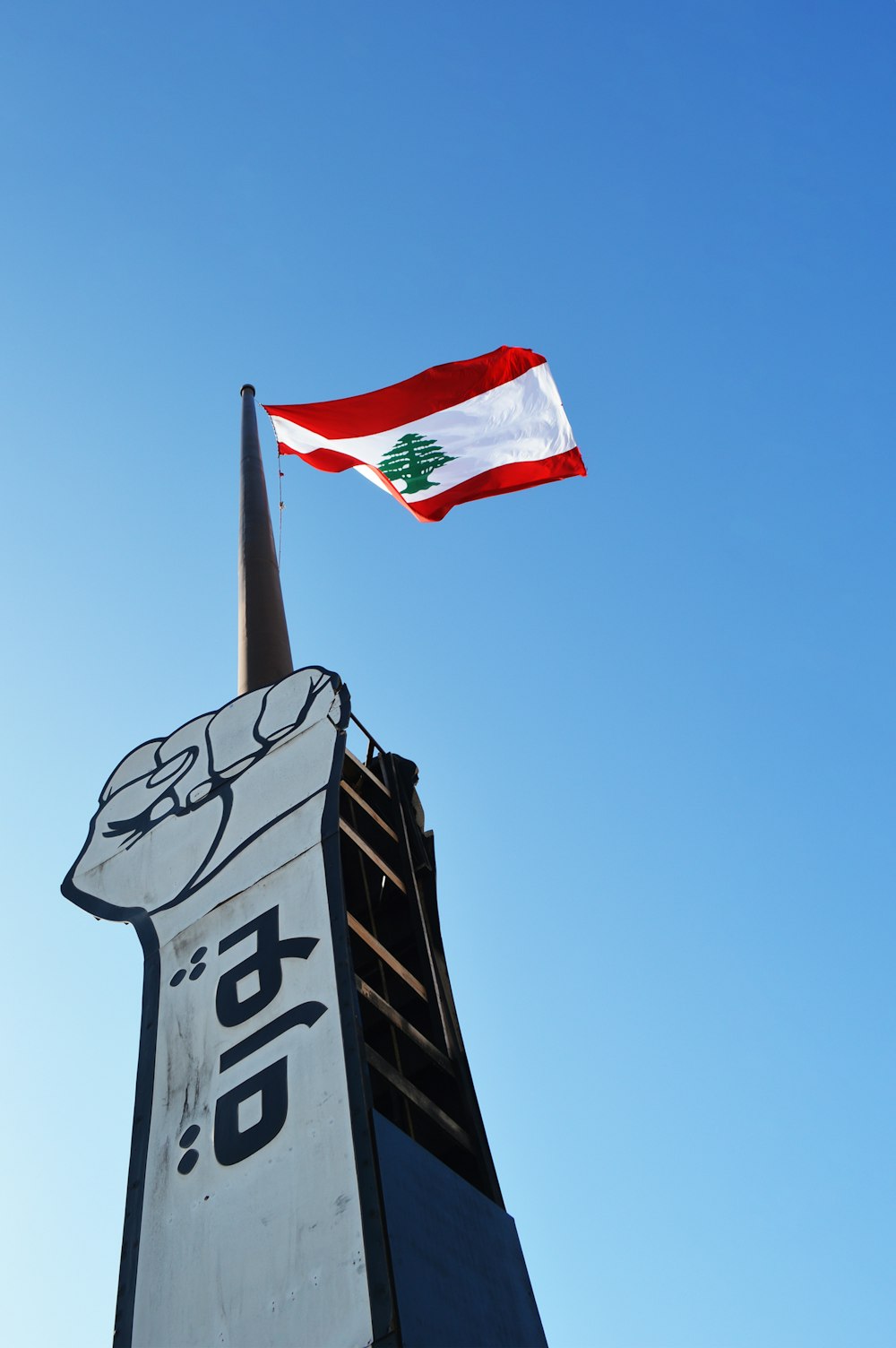
Just a few hours before I started writing this, social media was shaken by videos from Lebanon filming a massive explosion in Beirut. While causes are still unknown at this time, dozens are dead and thousands more are wounded, filling hospitals to overcapacity; the explosion was heard 150 miles away and Lebanon’s internal security chief claims says that the blast originated from a port area with a large quantity of explosives, leading to the massive explosion. Unfortunately, this isn’t the only event that has shaken Lebanon. The country has been in a state of rebellion and economic crisis since October of 2019 and the situation has only worsened with widespread famine and starvation impacting the nation.
Protests in Lebanon: The Revolution
In October last year, Lebanese citizens began organizing for a number of reasons: they were in a political crisis, suffered electoral fraud, and had extremely high rates of unemployment. Furthermore, citizens had to cope with the lack of electricity, clean water, or proper waste management. The protests began after the prime minister of Lebanon, Saad Hariri, began to raise prices of things like taxes and gas. They are also demanding changes to national law like the one that prevents Lebanese women from passing down citizenship to their children (this bars their children from accessing things like healthcare and loans because they’re viewed as foreigners) and a dismantling of the political system which is split between three main religions. Here is a website that explains the Lebanese revolution and provides a timeline, along with more resources and information.
Lebanon has not seen this serious of an economic crisis since they gained independence in 1943.
Since October, the Lebanese pound has lost over 86% of its value and has the third highest inflation rate in the world right now. In 2014 a study showed that the richest 10 percent of Lebanon’s population held 57 percent of the earned income, while the lowest 50 percent only earn 11 percent. Hundreds of businesses have closed all across the country and the import supply chain is moving at a crawl. Many importers of medical suppliers have also shut down because of their massive amount of debt and hospitals are now overstuffed and undersupplied. Almost 220,000 jobs have been lost since October because of the state of the economy, putting off an approximated 1.59 million people. By March 2020 Lebanon said they were unable to pay off their soverign debt or for essential imports. The entire country is wracked with economic downfall, one that a citizen called “the heaviest one-shot drop since the end of the civil war.”
Fear that Lebanon will face a similar situation like the 1915 famine is spreading.
In 1915, Lebanon lost half its population to starvation and a repeat may be on the horizon if change isn’t enacted soon. Prices of basic goods have increased substantially: for example, the price of butter has gone up almost five times its original value. With the thread of COVID-19 still very relevant, the desolate state of the poor is only even grimmer than before. Palestinian and Syrian refugees, who had already been suffering horrible conditions, will probably be subjected to even worse as the country continues to struggle with inflated prices and lack of basic equipment.
The Beirut Blast originated from a building supposedly full of explosive material.
Just today a huge explosion in Lebanon’s capital has killed at least 50 people and wounded over 2,000 people. Multiple businesses were destroyed and hospitals are running desperately low on supplies like blood for transfusions. The exact cause of the blast is not yet known but has come at a time full of extreme tension, with divisions happening politically and economic hardships sweeping the nation. A BBC journalist reports that the damage is significant enough to put the port out of action, with glass and debris strewn across the streets and injuring a countless amount of people. More information is slowly leaking in, with many countries pitching in their opinion or offers for help.
Lebanon desperately needs help.
It goes without saying that Lebanon is in a state of extreme famine and poverty. Already social media is organizing to donate to trustworthy sources like the Lebanese Red Cross and organizations that are helping out in the nation. Here are some sources for information on how to help or where to donate:
CARRD: LEBANON: HOW CAN YOU HELP?





Very cool, thanks for all the information on a topic that’s not covered enough!